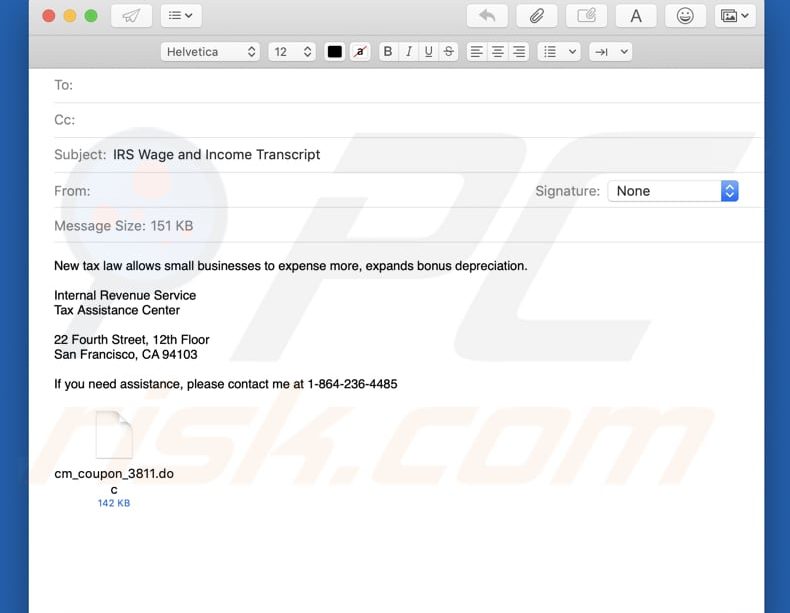An Overview of IRS Taxes: What You Need to Know for 2023

The Importance of Understanding IRS Taxes
IRS taxes play a crucial role in the functioning of the United States government, funding essential services and programs that benefit citizens across the nation. With tax season approaching, it’s vital for individuals and businesses to remain informed about IRS tax updates, deadlines, and changes that may affect their filing. Awareness of these factors can lead to better financial planning and compliance.
Key Updates for the 2023 Tax Year
In recent months, the IRS has implemented several significant updates that taxpayers should be aware of. The standard deduction has increased again for the year 2023; for single filers, it rises to $13,850, and for married couples filing jointly, it is now $27,700. This adjustment aims to help taxpayers mitigate the impact of inflation and reduce taxable income.
Additionally, the IRS has introduced changes regarding tax credits. The Child Tax Credit is now phased back to pre-pandemic levels, with a maximum of $2,000 available per qualifying child. Furthermore, the Earned Income Tax Credit (EITC) thresholds have seen slight adjustments, providing further financial support to working families.
Filing Deadlines and Best Practices
As the 2023 tax deadline approaches, it is crucial for taxpayers to understand the key dates. The deadline for filing federal income tax returns is typically April 15, 2024, but those who are unable to file by this date may apply for an automatic extension, allowing them until October 15, 2024, to submit their returns. It is essential to note that an extension to file is not an extension to pay any owed taxes, which are still due by the original deadline.
Taxpayers should consider employing various best practices when preparing their IRS tax filings. These include keeping accurate records of income and expenses, understanding eligible deductions and credits, and considering consulting a tax professional, especially if circumstances have changed significantly over the year.
Conclusion and Future Implications
As tax laws continue to evolve, understanding IRS taxes is paramount for all taxpayers. Staying informed about updates and changes ensures compliance while maximizing available benefits. Looking ahead, it is expected that discussions around tax reforms will continue, possibly leading to further modifications in the future. Thus, taxpayers are encouraged to remain engaged, informed, and proactive in navigating the complexities of the tax system as they plan for the year ahead.








